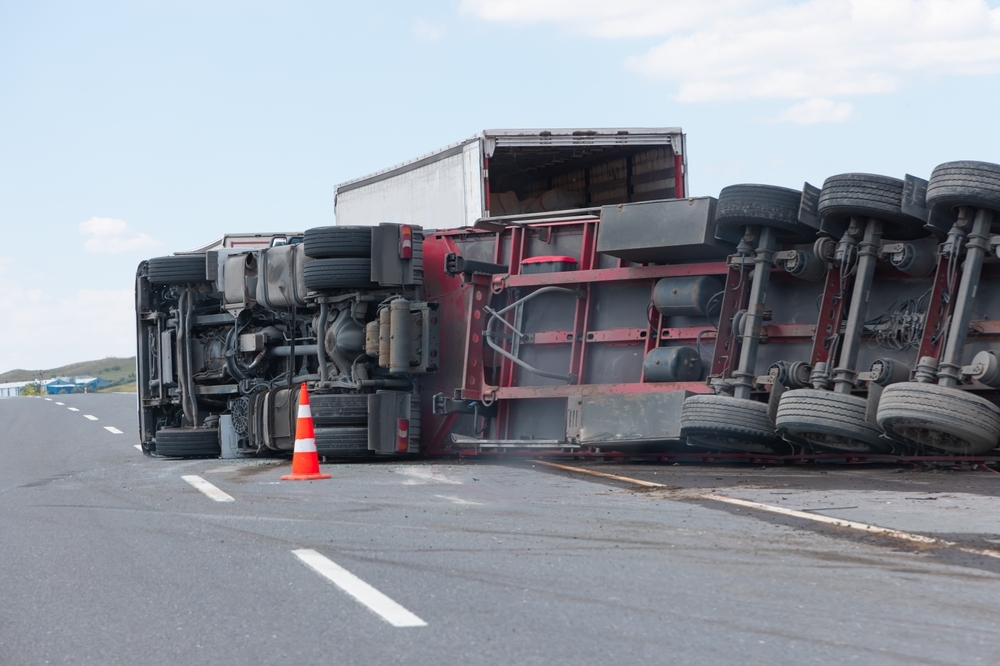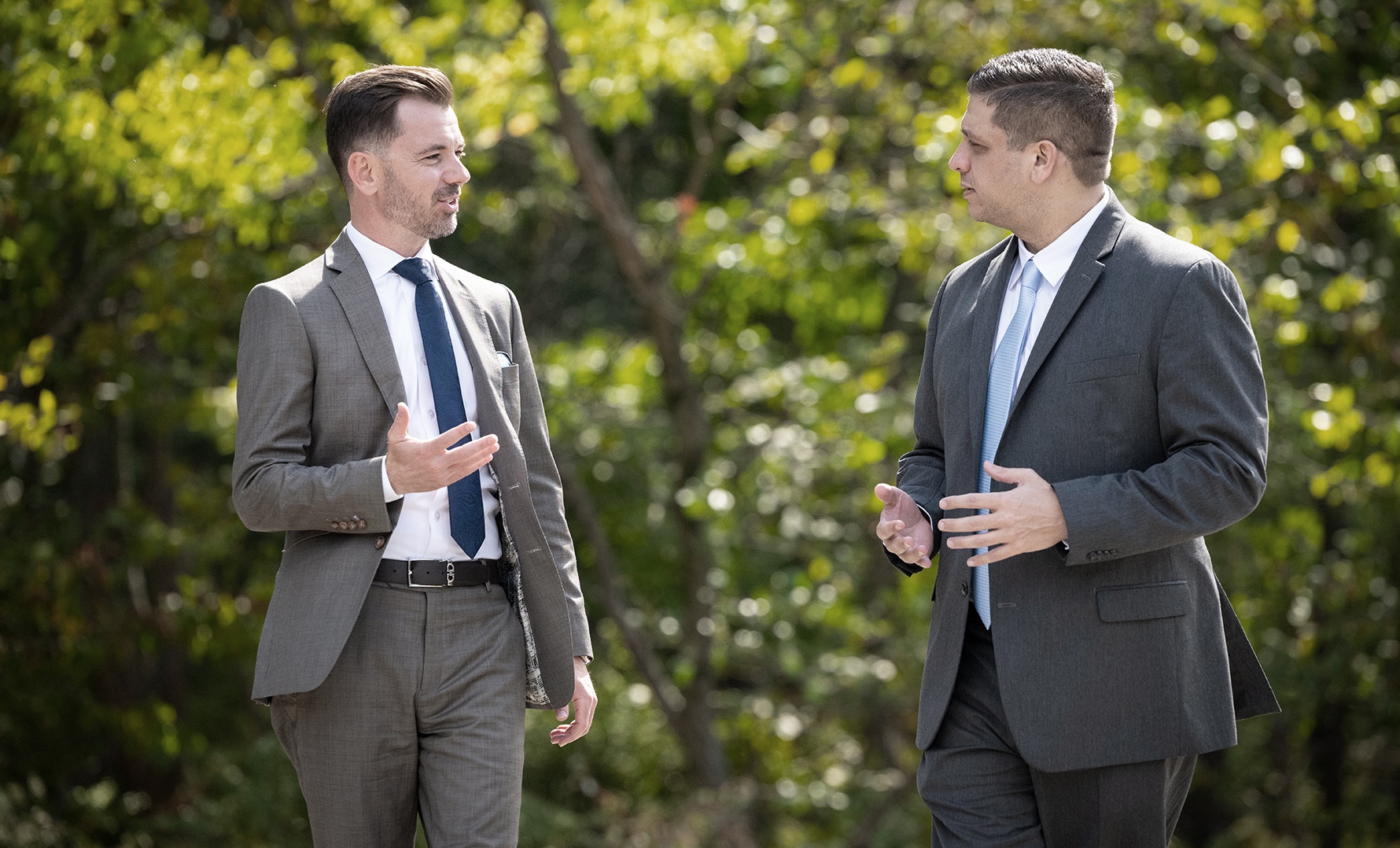
When you are involved in a truck accident on the New Jersey Turnpike, the evidence you gather can make or break your case. Truck accident cases are often more complex than car accident claims because they involve multiple parties, federal trucking regulations, and serious injuries. Understanding what evidence helps most in a truck accident case on the Turnpike gives you a stronger chance of proving fault and recovering full compensation for your losses.
Why Evidence Matters in a Truck Accident Case
Evidence provides the foundation for every truck accident claim. Without strong documentation, insurance companies and defense attorneys will argue that your injuries were not serious, that someone else caused the crash, or that you do not deserve compensation. The Turnpike sees hundreds of commercial trucks every year, and collisions can happen in an instant. Because these accidents leave behind physical, digital, and eyewitness evidence, the sooner it is collected, the better.
Similar Post: Trucking Accidents in New Jersey: Understanding the High Stakes of Commercial Vehicle Claims
Police Reports and Crash Scene Documentation
The first piece of evidence that usually comes into play is the official police report. On the New Jersey Turnpike, state troopers respond to major accidents, document what they observe, and sometimes issue citations. The report often includes:
- Names and contact information of drivers and passengers
- Statements from witnesses at the scene
- A diagram of how the crash occurred
- Notes about weather and road conditions
- Whether any traffic laws were violated
Although police reports are not always admissible in court, they provide a starting point for establishing what happened and who may be responsible. Pairing the report with your own photos or videos from the scene strengthens your case.
Photographs, Videos, and Dash Cams
Visual evidence carries a lot of weight in truck accident claims. Pictures of vehicle damage, skid marks, weather conditions, and road debris help recreate the scene. Many commercial trucks are also equipped with dash cams or in-cab cameras. If preserved, this footage can show whether the truck driver was speeding, distracted, or violating hours-of-service rules.
If your own vehicle has a dash cam, that footage should be saved immediately. Even cell phone videos from bystanders can become crucial evidence.
Eyewitness Testimony
Eyewitnesses play an important role because they offer independent perspectives. On the busy Turnpike, there are often other drivers who saw the crash unfold. Getting their contact information right away ensures they can later provide statements or testify about what they saw. Neutral eyewitness accounts often carry more credibility than those of the drivers involved.
Truck Driver Logs and Employment Records
Federal law requires truck drivers to follow strict hours-of-service regulations to prevent fatigue. Electronic logging devices (ELDs) record how many hours a driver has been on the road. If a driver exceeded those limits, that evidence could point directly to negligence.
Employment records from the trucking company can also be critical. They may reveal whether the company failed to properly train, supervise, or screen the driver before allowing them to operate on the Turnpike.
Vehicle Maintenance and Inspection Records
Commercial trucks must undergo regular inspections and maintenance checks. If a truck was not properly maintained and a mechanical failure caused the accident, those records can help prove liability. For example, faulty brakes or worn tires often contribute to serious highway crashes. Maintenance logs and repair invoices provide a paper trail that can reveal negligence by the trucking company or a third-party repair shop.
Black Box Data (Event Data Recorders)
Most modern commercial trucks have “black boxes” or electronic control modules that record data such as:
- Vehicle speed before impact
- Brake usage
- Acceleration patterns
- Steering inputs
This information provides a scientific breakdown of what happened in the moments leading up to the collision. Black box data is time-sensitive and can be erased or overwritten, so it is important to secure it quickly after an accident.
Medical Records and Expert Testimony
Your medical records connect the accident directly to your injuries. Documenting every doctor’s visit, diagnostic test, and treatment plan demonstrates how the crash impacted your health and your ability to work.
Medical experts can explain to a jury how the accident caused your injuries, while accident reconstruction experts can use the available evidence to recreate the crash and show who was at fault. Both types of testimony often make the difference in high-stakes Turnpike cases.
Cell Phone and GPS Records
Distracted driving is one of the most common causes of truck accidents. Cell phone records may reveal that the truck driver was texting or making a call at the time of the crash. GPS data can also show whether the driver was speeding, deviating from their assigned route, or violating rest requirements.
Why Preserving Evidence Quickly Is Critical
Evidence in truck accident cases can disappear fast. Skid marks fade, surveillance footage gets erased, and trucking companies may act quickly to protect themselves. If you were involved in a truck accident on the Turnpike, acting quickly to secure evidence can prevent important details from being lost forever.
A personal injury attorney can send a spoliation letter to the trucking company demanding that they preserve all evidence, including black box data, driver logs, and maintenance records. Without legal intervention, key evidence could vanish.
Similar Post: How Do You Rebuild Your Life After a Devastating Auto Crash?
Frequently Asked Questions About Truck Accident Claims
What if I couldn’t gather evidence at the scene?
Even if you were too injured to collect evidence, attorneys and investigators can step in to gather police reports, surveillance video, and trucking company records on your behalf.
Can I use surveillance cameras as evidence?
Yes. Toll booths, rest stops, and even nearby businesses along the Turnpike often have cameras that may have captured the crash.
Does fault always lie with the truck driver?
Not always. Liability may rest with the trucking company, a maintenance contractor, the manufacturer of defective truck parts, or even another motorist who contributed to the chain of events.
Injured in a Truck Accident on the New Jersey Turnpike? Protect Your Rights With Camili & Capo
A truck accident on the New Jersey Turnpike can turn your life upside down in seconds. Medical bills, missed work, and long-term recovery can leave you and your family overwhelmed. The trucking companies and their insurers will already be building a defense, which makes acting quickly on your side critical.
At Camili & Capo, we know how to uncover the strongest evidence in a truck accident case and use it to fight for the justice and compensation you deserve. Our truck accident lawyers have experience taking on trucking companies, analyzing black box data, and working with industry experts to build airtight claims.
Whether you were hit by a semi-truck, an 18-wheeler, or a delivery truck on the Turnpike, we will investigate every detail and stand up to the powerful corporations trying to minimize your claim.
Contact us today for a free consultation. We have offices in Newark, New Brunswick, Hackensack, and Totowa, and we proudly serve clients throughout New Jersey. Let us take on the fight while you focus on healing. Call Camili & Capo now to protect your rights and get the compensation you need to move forward.
Disclaimer: This blog is intended for informational purposes only and does not establish an attorney-client relationship. It should not be considered as legal advice. For personalized legal assistance, please consult our team directly.

